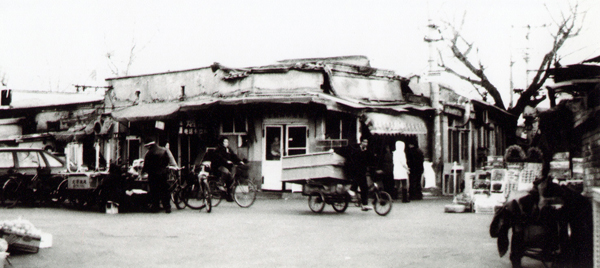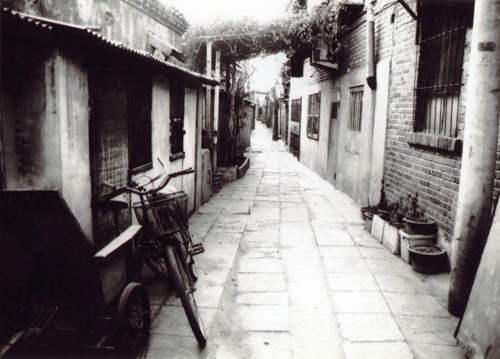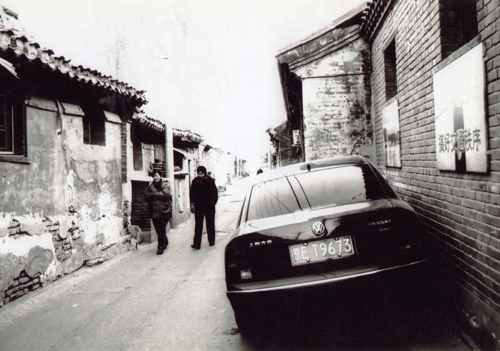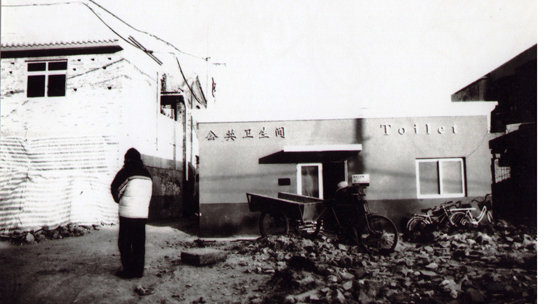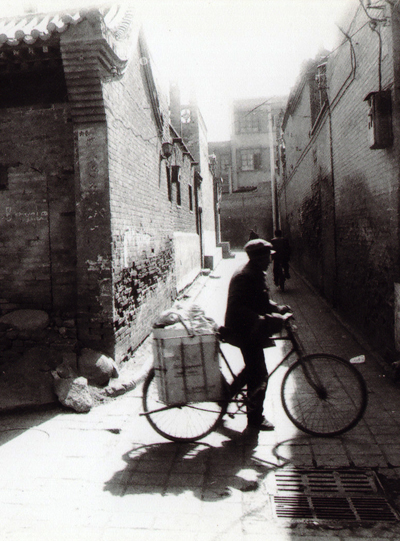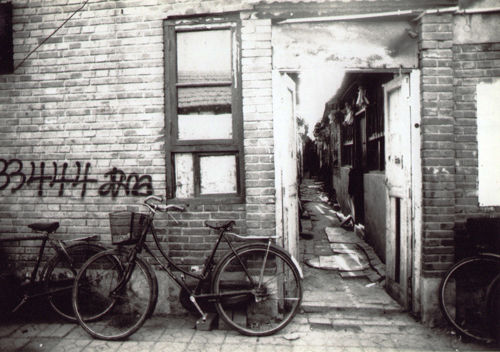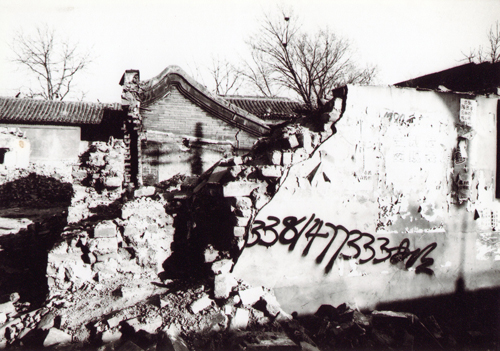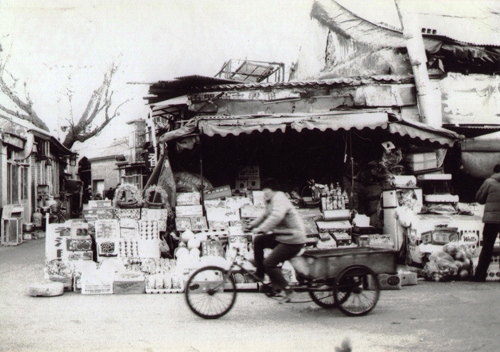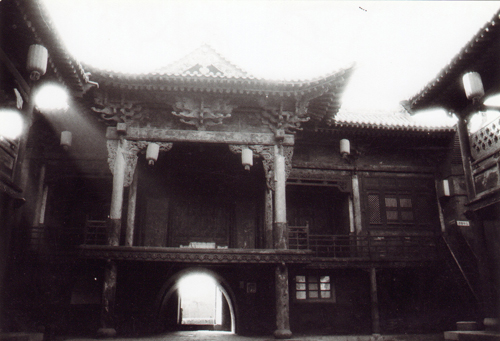| |
|
|
How
come there’s a huge gap of perspective here? Well, Beijing
is full of contrasts and contradictions. But not only that.
Hutong is the witness of various dramatic changes in Beijing. During feudalist China, before the nationalists took over power and established The Republic of China in 1911, hutong is the only type of neighborhood in Beijing. It was a residential area of alleyways with traditional courtyard homes. It encircled the Forbidden City, a name foreigners gave to the home of the Chinese Emperor because nobody could enter the heavily guarded and gated palace without the approval of the Emperor. The Beijingers themselves call it “Gu Gong” or the “Ancient Palace”.
For
centuries, hutong was home for royal families, higher ranked
officials, and those who serve the emperor. Hutong for ordinary
people and merchants was located further away in the north and
south axis of the Forbidden City. When
The Republic of China was founded by the Kuomintang, many royal
families and higher ranked officials were forced to leave Beijing.
The new nationalist government took over their grand houses
and handed them to the newly elected ministers and generals.
But not long after that, in 1949, another revolution swiped
China with the new winner being Chairman Mao and his communist
party. Hutong homes were once more confiscated by the incumbent
government from their previous owners as Kuomintang officials
fled China to the island of Taiwan.
At the hands of the communist leadership, hutong homes had to be turned into a housing facility that belongs to the masses. The government invited peasants and workers who were crucial for the building of a communist nation to come to Beijing, to live in the property that used to be owned by feudalists and landlords. The extravagant houses that once hosted just a single rich family were then converted into homes for many families. Huge bedrooms had to be divided for several families. And because the country has been in subsequent civil wars and revolution since the birth of the 20th century, the condition of these homes was no longer imperial-like, especially not the toilet. Very soon they were decayed and embedded with sanitary problems.
Northern
China is arid and far from the source of water. The water for
the Emperor in the Forbidden City had to be collected from outside.
When the People’s Republic of China was founded, this
problem was not effectively addressed. The government had to
build public toilets without running water and public bathing
houses, so people could take turns bathing. Each person has
one bucket of water everyday for daily washing (which is not
a shower), and a coupon for taking a shower in the public bathing
house once a week.
30
years after the founding of People’s Republic of China,
Deng Xiaoping decided to open China to the global market and
development. China was determined to wash its dark gray color
with a refreshing dash of modern development. In the meantime,
half of the hutong disappeared. Because these old residential
areas were right in the heart of Beijing, property money was
spicy hot. And in the beginning of the reform in China, only
the state owned the land. Most of hutong residents could not
hold on to their tiny piece of a home in the hutong if the government
made a business deal with a developer. This
year is the 60th anniversary of the People’s Republic
of China. Thanks to China’s accumulation of wealth and
her willingness to review the charm of its ancient treasures,
some clusters of hutong are now renovated. Some have become
a slick shopping and café district. Some have become
luxurious residents for the haves. Some still stand almost the
way they were these 60 years. That’s where I live.
And
yes, my toilet is not inside my home, but it’s a private
one. My neighbors live half a meter away from me, but they never
borrow my toilet. Some of them go to the outside public toilet,
and some of them have a private toilet that they made themselves.
My heating system is not that great, although the government
has fulfilled its promise to bring a heating system in my hutong
by 2008. It’s still freezing like nowhere in the world
in wintertime.
And
yes, in the beginning I was wondering how would I survive in
this cluster of strangers that I had to embrace as close neighbors
by proximity. They peeked to see the exotic food I cooked. They
would often talk to each other about my strange foreigner behavior,
like drinking coffee in the morning. They parked my bicycle
somewhere else overnight because they disapproved of my selected
parking space. They made comments about the underwear that I
hung outside because there isn’t any drying machine for
my laundry. I don’t wear big underpants, so leave me alone.
Oh no. And did I mention the mold infesting my kitchen because
it is so humid inside?
But
these are just some of the downfalls. When it is not very cold,
and once the gossiper in the neighborhood feels it’s boring
to talk about me, living in a hutong brings me so many rich
layers of appreciation for life. In the summer and fall, I can
cycle around the lake where the emperor used to stroll. I can
see the changing color of the trees matching the red rooftop
of palaces and temples. I can buy my vegetables, repair my bike,
and have lunch with less than 3 US dollars. My neighbor has
invited me several times for delicious snacks they made. Another
neighbor who came from the countryside to be a nanny for less
than 30 dollar a month, has also invited me to chat and have
an apple at her home. And when I turn on my TV louder and later
than theirs, nobody comes to complain. And will I miss it? Sure I will. |
|
